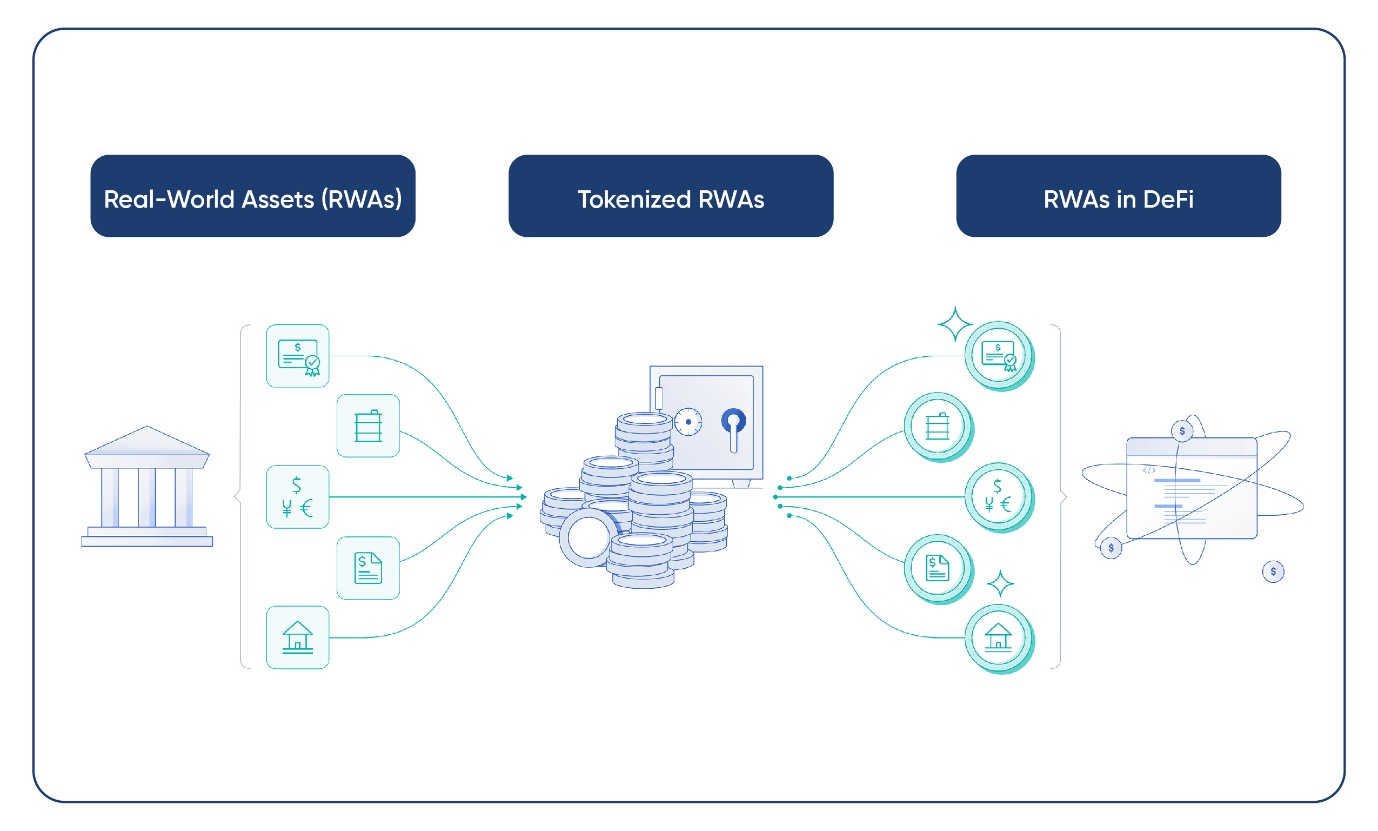
Real estate tokenization is transforming the landscape of property investment, presenting a technologically advanced approach to buying, selling, and managing real estate. By converting physical properties into digital tokens, this innovative method leverages blockchain technology to provide benefits such as improved liquidity, fractional ownership, and global investment opportunities.
Benefits for Property Owners and Investors
Liquidity and Market Accessibility
Real estate tokenization significantly enhances the liquidity of property investments. Traditionally, real estate is considered a highly illiquid asset, but tokenization allows property owners to sell parts of their property in the form of digital tokens. This can be particularly advantageous in scenarios where the full sale of a property might be challenging or undesirable. For investors, the ability to buy and sell tokens on digital trading platforms means they can easily adjust their investment portfolios in response to market conditions, providing much greater flexibility than traditional real estate transactions.
Fractional Ownership and Reduced Entry Barriers
One of the most transformative benefits of real estate tokenization is the ability to fractionalize ownership. This means that investors can purchase smaller portions of property as their budget allows, which democratizes access to the real estate market. By lowering the entry barriers, tokenization opens up investment opportunities in high-value properties to a broader audience, including those who might not have the substantial capital typically required for real estate investing.
(Read more here: [Insert Link to Pillar Blog 1: Unlocking Real-World Asset Investment Opportunities: A Comprehensive Guide])

Efficiency Through Automation
Tokenization introduces a high level of efficiency in managing real estate transactions and property management through the use of smart contracts. These contracts can automate a myriad of processes, including investor communication, compliance with securities regulations, tax accounting, and even the distribution of dividends or rental incomes. This not only reduces administrative burdens but also enhances accuracy and speeds up transactions.
Global Investment Opportunities
The global nature of blockchain platforms means that tokenized real estate is not confined by national borders. Investors can access international markets more readily, diversifying their portfolios across different geographic locations and property types. This global reach is particularly appealing in the context of a connected digital economy, where investors seek to mitigate risks and capitalize on opportunities from around the world.
Improved Capital Management
Tokenization allows real estate owners and funds to tap into new sources of capital more efficiently. It enables the packaging of real estate assets in a way that is attractive to a wide range of investors, including those who may be looking for shorter-term investments or have different risk profiles. For property owners, this can mean quicker access to funds for development or other investments, potentially driving higher overall returns on their properties.
Enhanced Governance and Participation
Decentralized autonomous organizations (DAOs) involved in real estate tokenization empower token holders with governance rights. This can include voting on property management decisions, maintenance schedules, or rental agreement terms. This participatory model not only increases transparency but also ensures that investors have a say in the management of the properties in which they have a stake, aligning interests and potentially leading to better management outcomes.

Tax and Legal Considerations
While the benefits are considerable, tokenization also involves complex legal and tax considerations. Tokenized assets must navigate the securities laws of various jurisdictions, and investors might face different tax implications depending on where the properties and investors are located. Proper legal and tax advice is crucial to manage these aspects effectively.
Navigating Legal Considerations
Real estate tokenization introduces several legal complexities that must be navigated carefully to ensure compliance and protect all parties involved. Here are some key legal considerations:
Securities Regulations
Real estate tokens may be classified as securities under laws such as the Securities Act of 1933 in the United States. This classification brings a host of regulatory requirements, including registration and disclosure obligations, which can increase the complexity and cost of issuing tokens. Ensuring that token offerings comply with securities laws is crucial to prevent legal repercussions and safeguard investor interests.
KYC and AML Compliance
Token issuers must adhere to rigorous Know Your Customer (KYC) and Anti-Money Laundering (AML) regulations. These protocols involve verifying the identity of investors and conducting due diligence to prevent illegal activities such as money laundering. This level of scrutiny is essential to maintain the integrity of the investment platform and comply with legal standards.

Property and Contract Laws
Tokenization also raises questions under property and contract laws, particularly regarding the transfer of ownership and the allocation of property rights among token holders. Legal frameworks must be developed to address how ownership is evidenced and transferred, ensuring that all transactions are enforceable and legally binding.
Compliance with Tax Laws
The tax implications of real estate tokenization are complex and vary by jurisdiction. Issues such as capital gains taxes, property expenses, and deductions must be clearly understood and addressed to provide clarity for investors and comply with tax regulations.

Regulatory Compliance for Secondary Markets
For tokenized real estate that qualifies as securities, it’s essential to facilitate trading on registered and compliant platforms. This is crucial for maintaining liquidity and ensuring that the secondary trading of tokens adheres to legal standards, thereby protecting investor interests and fostering confidence in the market.
Legal Documentation and Investor Protection
Proper legal documentation, such as offering memorandums and detailed terms of service, is vital. These documents should comprehensively outline the rights and obligations of all parties, investment risks, and detailed property information to enhance transparency and protect investors.
Engagement with Regulatory Authorities
Engaging with regulatory authorities is beneficial for staying abreast of changing regulations and ensuring that tokenization projects comply with current legal standards. A proactive approach can help navigate the evolving legal landscape effectively.
Market Adoption Trends
Market acceptance of real estate tokenization is growing, albeit gradually. The novelty of the concept and the general unfamiliarity with blockchain technology pose significant barriers to widespread adoption. However, continuous educational efforts and successful case studies demonstrating the practical benefits of real estate tokenization are gradually overcoming these obstacles.
The future of real estate tokenization looks promising, with ongoing advancements in blockchain technology improving scalability and interoperability, which are expected to further enhance the efficiency and appeal of tokenized real estate investments.
Real estate tokenization is poised to redefine the paradigms of property investment. By democratizing access to real estate investments and simplifying transactions, it promises to make the market more inclusive and efficient. However, the path forward requires overcoming significant regulatory and technical challenges. Stakeholders must be proactive in navigating these complexities to fully realize the potential of this innovative technology.
Step Into The Future With Data-Driven Portfolios
Embrace the wave of innovation with our data-driven strategies at Kenson Investments. Our team, specializing in digital asset portfolio management and digital asset consulting for compliance, is ready to assist you in navigating the world of blockchain and digital assets. As real world asset consultants, we aim to minimize risks and offer a transparent, legitimate service that distinguishes itself in the industry.
Join us and be part of a future where digital assets redefine wealth building. Explore our unique approach today!














